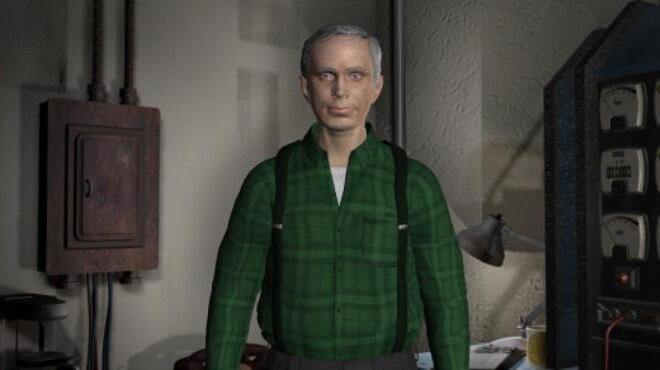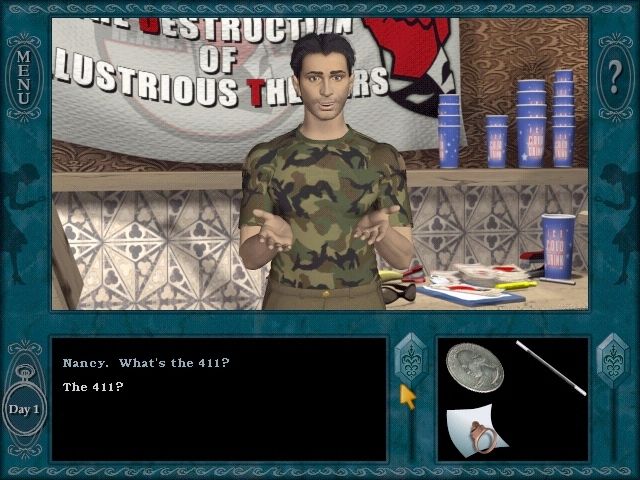

What is this strange term, “organize”…? Basically, it’s management by piles. (In all fairness, mine disturbs a few people, too.) That said, I do avoid books in which terrible things happen to children (not counting autobiographies of people who survived terrible things happening to them when they were children those are fascinating) - and there’s a very small group of authors whose books I won’t read because the mind I sense behind them disturbs me. My husband urged me to put a bottle of Krug on the counter this year and see what happens.) Some alert soul noticed this, and the company promptly sent me a nice Tabasco caddy, with six different forms of the sauce. So simple - but do people make their own at home? No, so why not? And who are these McIlhennys and how did they get this thing started? (I posted a Thanksgiving photo last year - featuring our table set for 10, with clean, empty dishes (as everyone stayed home, isolating during the pandemic) - but with a glimpse of the kitchen counter, on which was a Tabasco bottle. You know what’s in Tabasco? Peppers (puréed, we assume), vinegar and water.

I will honestly read anything, including the label on the Tabasco bottle if there’s nothing else. Which genres do you especially enjoy reading? And which do you avoid? On the other hand, I totally consider laughter to be an important emotion. Even the lightest of escape fiction needs to have an intrinsic sense of structure, self-awareness and intelligence. I kind of think a good book should do both. Still, emotion that doesn’t ring true will kill a book for me.ĭo you prefer books that reach you emotionally, or intellectually? Granted, an author is (more or less by definition) not only taking liberties with reality, he/she/they are deliberately manipulating the feelings and thoughts of the reader. What moves you most in a work of literature? On the other hand, perhaps she was just trying to spare my feelings. Which I suppose just goes to show that one oughtn’t to leap to conclusions about what people mean, at least not without further conversation. I mentioned this briefly somewhere online, and someone replied, “Oh, no! When I say that, I just mean that your books are so addictive I can’t stop reading them, and end up neglecting all my responsibilities. I’ve generally felt mildly miffed when people refer to my books as guilty pleasures, feeling that the implication is that the reader considers them in the same light as cotton candy: delicious and fun to consume, but ultimately fluff.

We haven’t started yet, but we’ve both been rather busy.ĭo you count any books as guilty pleasures? Now that said book is finished, though, I have a deal with one of my favorite booksellers, to read “Swann’s Way” together.

(I tend to have long processes.) Early on and through the middle, I read anything and lots of it. What do you read when you’re working on a book? And what kind of reading do you avoid while writing?


 0 kommentar(er)
0 kommentar(er)
